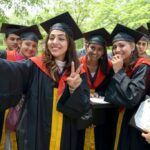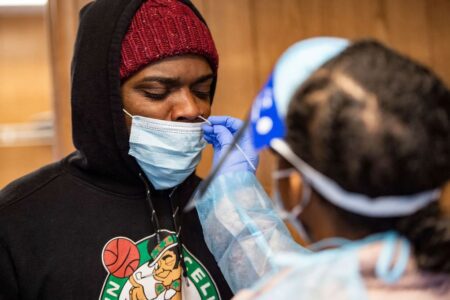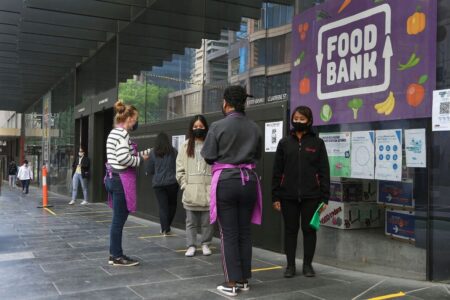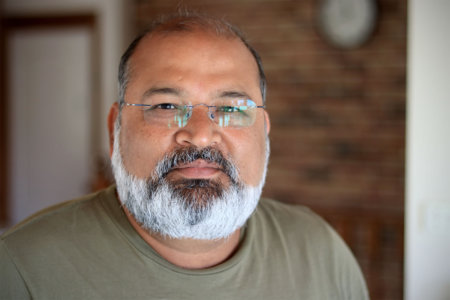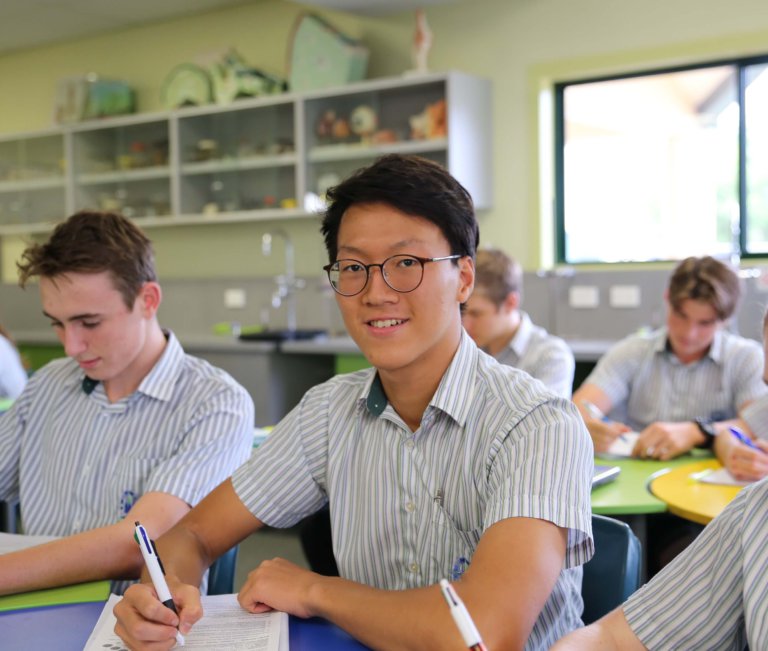
For South Korean Heetae Lim, learning English from scratch wasn’t the hardest thing. For him, it was moving 7,000 kilometres away from home (fresh out of primary school) and adjusting to a new environment — indeed a tough endeavour for an 11-year-old.
With only basic knowledge of English (the alphabet and a few common words and phrases), he applied himself to overcome all the barriers when he landed in Australia. “It’s the nervousness and fright that I got when I was in a completely unfamiliar place where I felt alienated,” Lim says.
Now, a graduate of The Cathedral College in the beef city of Rockhampton, Lim plans to stay in the country to study medicine after excelling in school and getting heavily involved in sports, culture and religion.
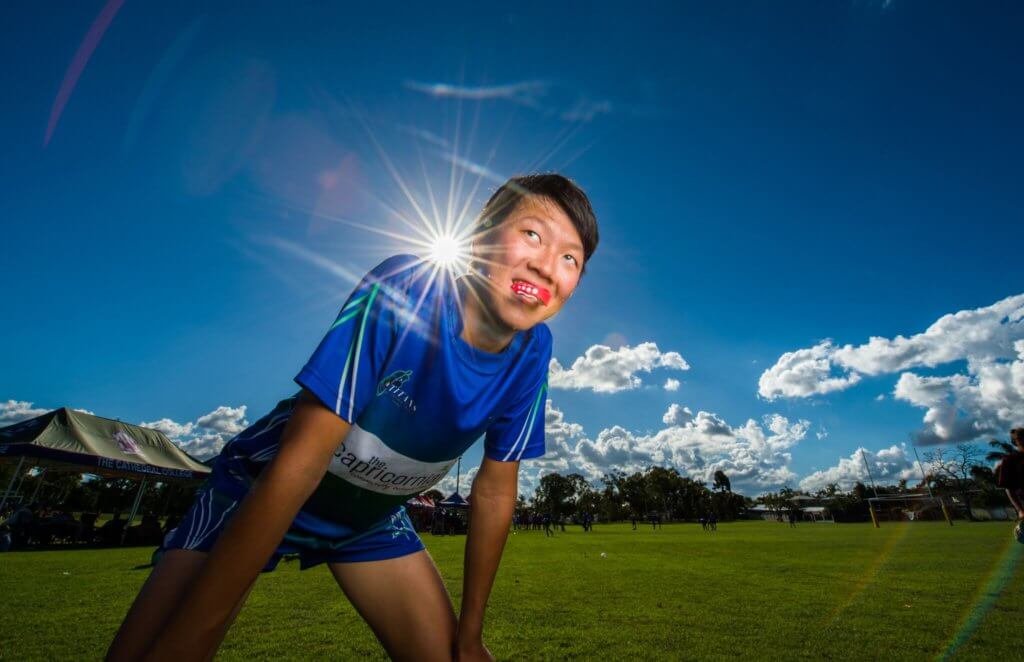
Lim excelled in academic achievement and getting heavily involved in sports, culture and religion. Source: Heetae Lim
Below, we speak to this outstanding South Korean graduate about learning English, overcoming obstacles and his advice for non-English speaking students:
Tell us more about arriving in Australia and learning English. What were the hardest things to adjust to?
Before coming to Australia, I had a basic knowledge of English. The hardest thing to adjust to, I believe, was the fact that no matter how much English you know, it’s the nervousness and fright that I got when I was in a completely unfamiliar place where I felt alienated.
I knew my father was leaving (back when I just arrived) and I didn’t know how long I’d have to wait to see him again. I thought that was really scary and it took time for me to realise that I need to adjust and adapt to this new environment.
At such a young age and encountering a language barrier was what made the journey rough. However, it actually helped me to adapt with no other distractions or thoughts as I believe if I had come to Australia when older, I would overthink too much.
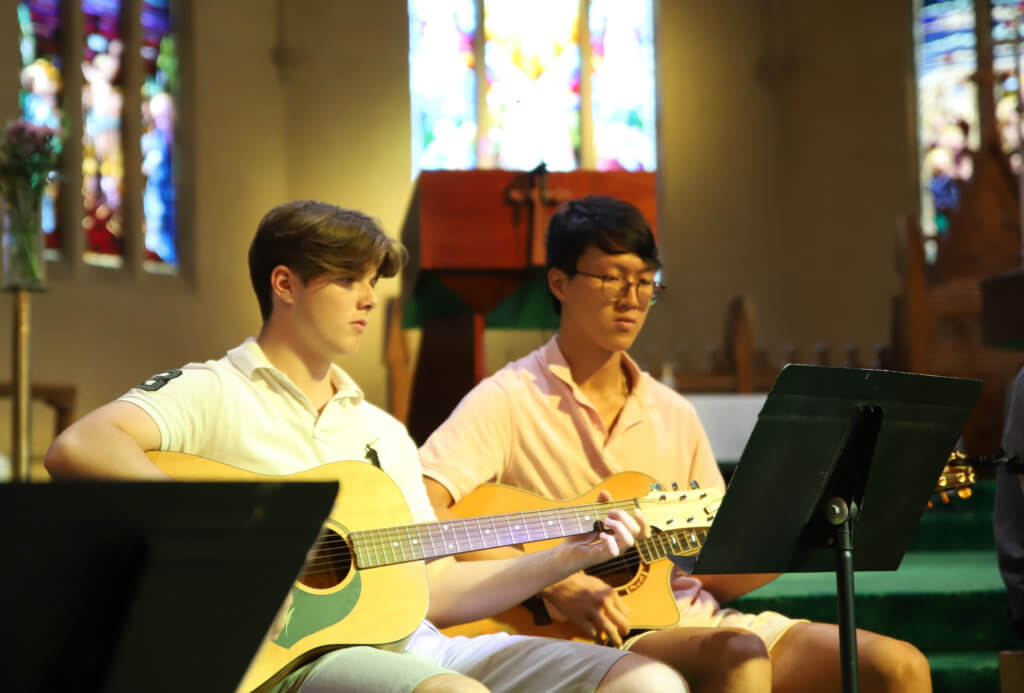
“It’s the nervousness and fright that I got when I was in a completely unfamiliar place where I felt alienated,” Lim says. Source: Heetae Lim
Being in the boarding facility at The Cathedral College definitely put me in a position to regularly interact and talk with people around me. So, even though my ability to speak wasn’t great, I was always trying my best to communicate and make new relationships.
What do you like most about Australia?
I appreciate how generous and kind people are here. This has helped me to overcome the difficulties I’ve faced throughout my studies.
For this, I have to give a shoutout to the Bongers Family, Gale Family, Finger Family, Otto Family, Armstrong Family and Cho Family!
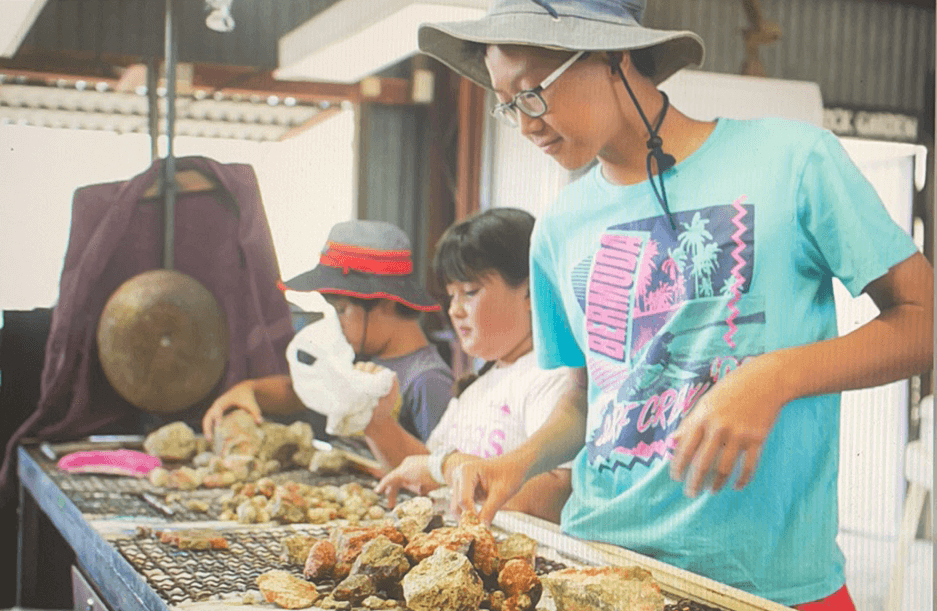
Now, a graduate of The Cathedral College in the beef city of Rockhampton, Lim plans to stay in the country to study medicine. Source: Heetae Lim
What three fun facts can you share about yourself?
I’ve been involved in numerous sports since I came to Australia. This includes football, rugby, futsal, tennis, athletics, and just anything I had the chance to participate in.
I received an average grade in my subjects during Grades 7 to 8. Then I received my first bronze academic award in Grade 9 and my first silver academic award in Grade 10. Now, I’ve received gold academic awards, the Top of Mathematics Prize for school, and the role of Boarding Captain in my senior year.
During my studies in Australia, I only went back to South Korea once a year. Between the small school holiday breaks, I’d travel to my mates’ properties down west in Australia. Spending time with my friends’ families was an amazing experience as they welcomed me with great hospitality and introduced fun things like horseriding and fencing to me.
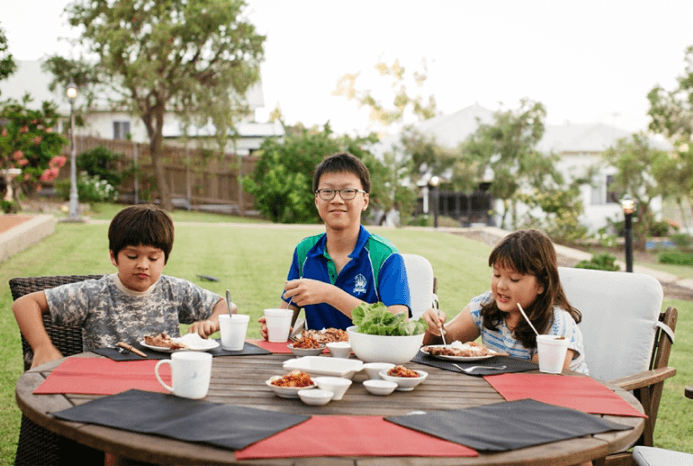
“At such a young age and encountering a language barrier was what made the journey rough,” he says. Source: Heetae Lim
What difference would it have made if you studied at a local institution?
In South Korea, the focus on education is very high and it’s expected of the students to input a significant amount of time on it. This means no school holiday breaks or weekends (after-school tutoring is called “hakwon” there) because it’s very important for South Koreans to secure a spot at a good uni.
In Australia, I was able to gain a lot of experience outside the pressure of education and school results. I met new people on the other side of the world and built great relationships in a close-knit community.
I made unforgettable memories with my friends and I’m very grateful for all the opportunities. I can’t thank enough the person who supported me throughout my schooling journey and learning English at The Cathedral College.
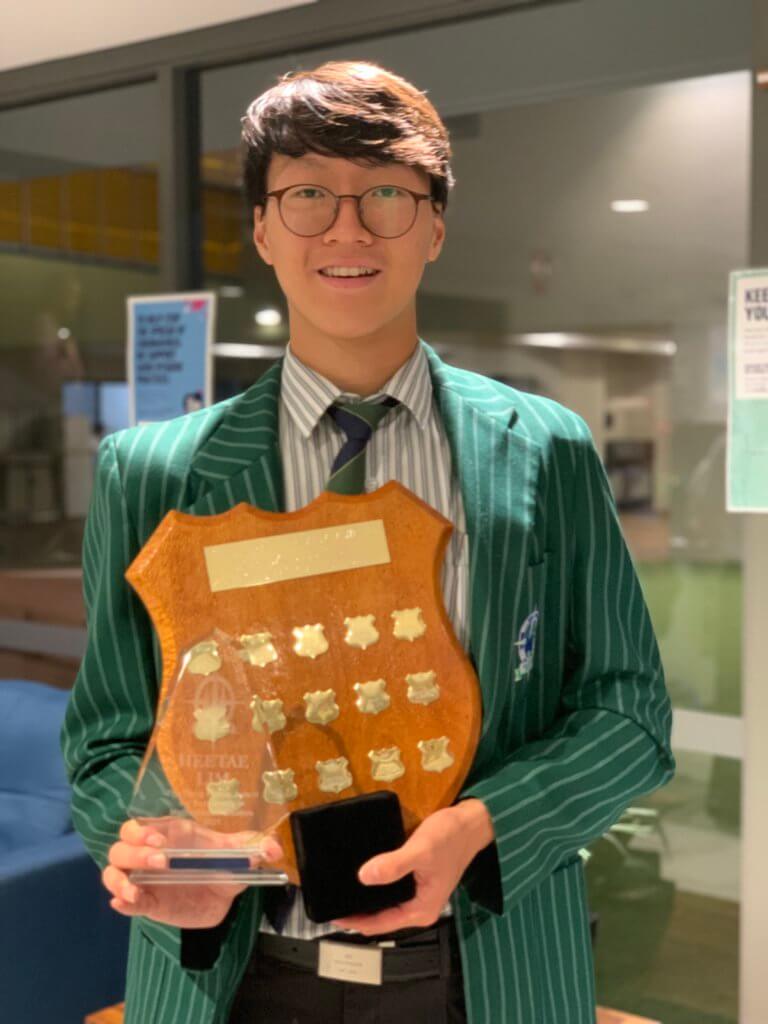
“I’ve received gold academic awards, the Top of Mathematics Prize for school, and the role of Boarding Captain in my senior year,” he says. Source: Heetae Lim
Walk us through your future plans to study medicine in Australia.
I’ve applied to undergraduate medicine courses at JCU (Townsville), UNSW (Sydney) and UQ (Brisbane). I’ve been accepted into the MBBS programme at JCU and the MD provisional entry programme at UQ after my final school results.
I hope to attend UQ in Brisbane and after my degree, I’d love to work in a rural community to serve my appreciation to them.
Are there any memorable experiences in Australia you can share with us?
That would be going to the outback with my friend and riding a horse and mustering the cattle. Riding a horse and mustering cattle at the same time was such an awesome experience and I think the heat from the sun made it more memorable too.
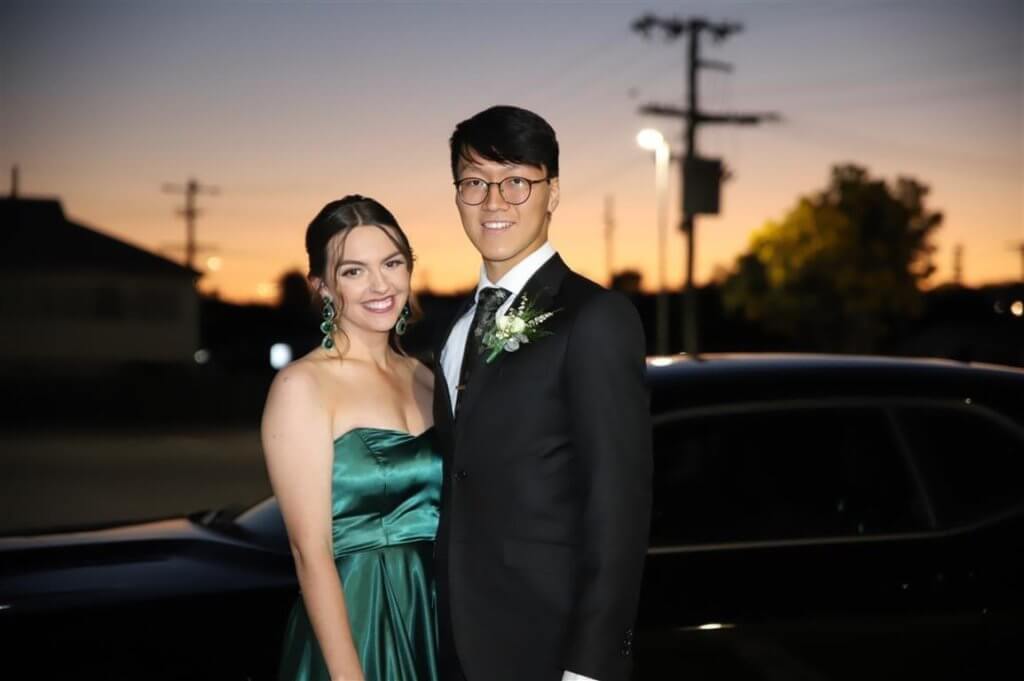
“In Australia, I was able to gain a lot of experience outside the pressure of education and school results,” he says. Source: Heetae Lim
Share a little bit about your hometown back in South Korea.
My hometown is Dansangdong which is in the middle suburbs of Seoul next to the river. I keep on inviting my Australian friends to come over and visit after COVID-19 restrictions end.
If this happens, I would take them to a few cultural and historical places like the Gyeongbokgung Palace (the largest of Seoul’s five grand palaces from the Joseon Dynasty) and the history and art museums. For a more exciting escapade, I’d take them to visit Lotte World Tower.
I had a friend from Australia that came to South Korea with me before the pandemic began and we went to the places mentioned above. But, as teenagers, we enjoyed more the karaoke fun, delicious street food in Hongdae and shopping.
What about local food compared to home? Tell us your most and least favourite.
My favourites in Australia are sausages with mash, steak with roast vegetables, beef meat pies, and spaghetti bolognese. I didn’t worry much about food because most of it is generally easy to cook and thus tasted simple and nice.
However, in South Korea, the cuisine is slightly more intricate and takes more time to cook and prepare. Rice is always served with the main dish and the side ones have very unique flavours.
The difference is that Korean cuisine involves a variety of vegetables and spices to create this deep fusion of flavour. Whereas, Australian food has a lot of emphasis on meat in each dish.
My favourite food in Australia is the spaghetti meatball and my least favourite is Vegemite — spit it out!
Are there any Korean food spots in Australia you like?
I reside in Rockhampton and from the options available, I quite enjoyed visiting Japanese and Chinese spots as they share a similarity to my home cuisine.
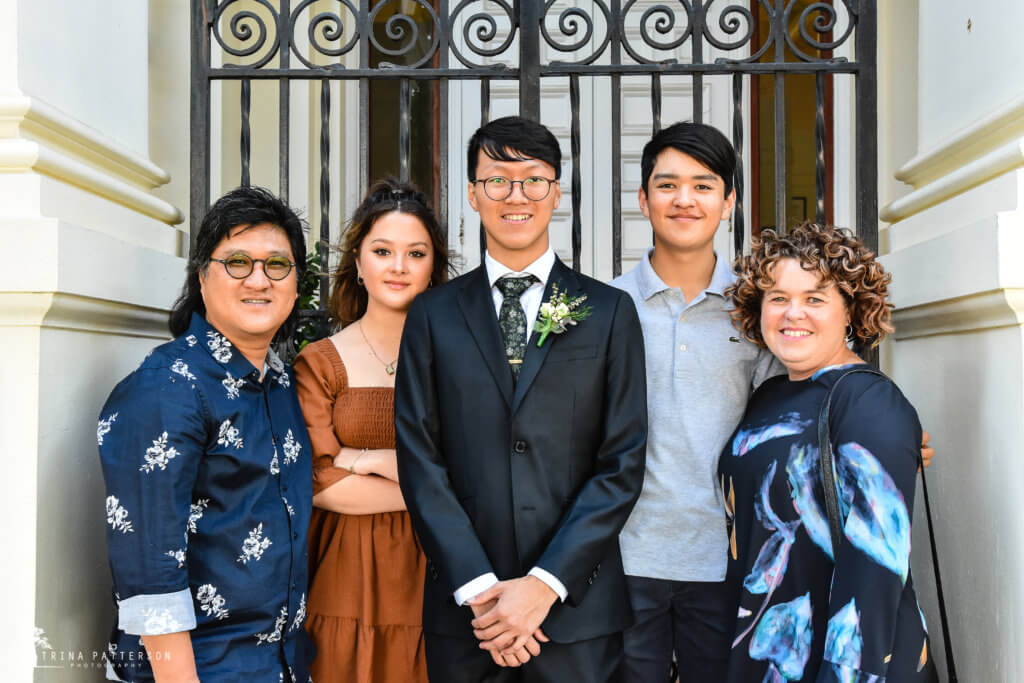
“I made unforgettable memories with my friends and I’m very grateful for all the opportunities. I can’t thank enough the person who supported me throughout my schooling journey and learning English at The Cathedral College,” he tells Study International. Source: Heetae Lim
What would you advise non-English speaking students on the process of learning English and adjusting to a new country or Australia?
A new country means new people and it’s always going to be hard but you need to reach out and seek support. Even though you haven’t mastered the English language yet, you still have body gestures, translators and people that help — know that you are not alone.
It’s definitely a daunting challenge when you come to a foreign country and you’re learning English from scratch. I would like to really emphasise the importance of self-confidence, believing in yourself, and having faith in what you can achieve.
Keep your attitude positive and don’t be afraid of the negatives. Look forward to a brighter future as every little progress each day adds up to a big result. Change can be scary but what’s even scarier is allowing fear to stop you from growing.




